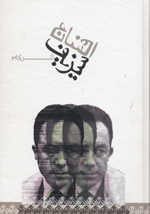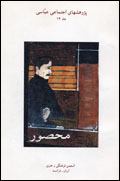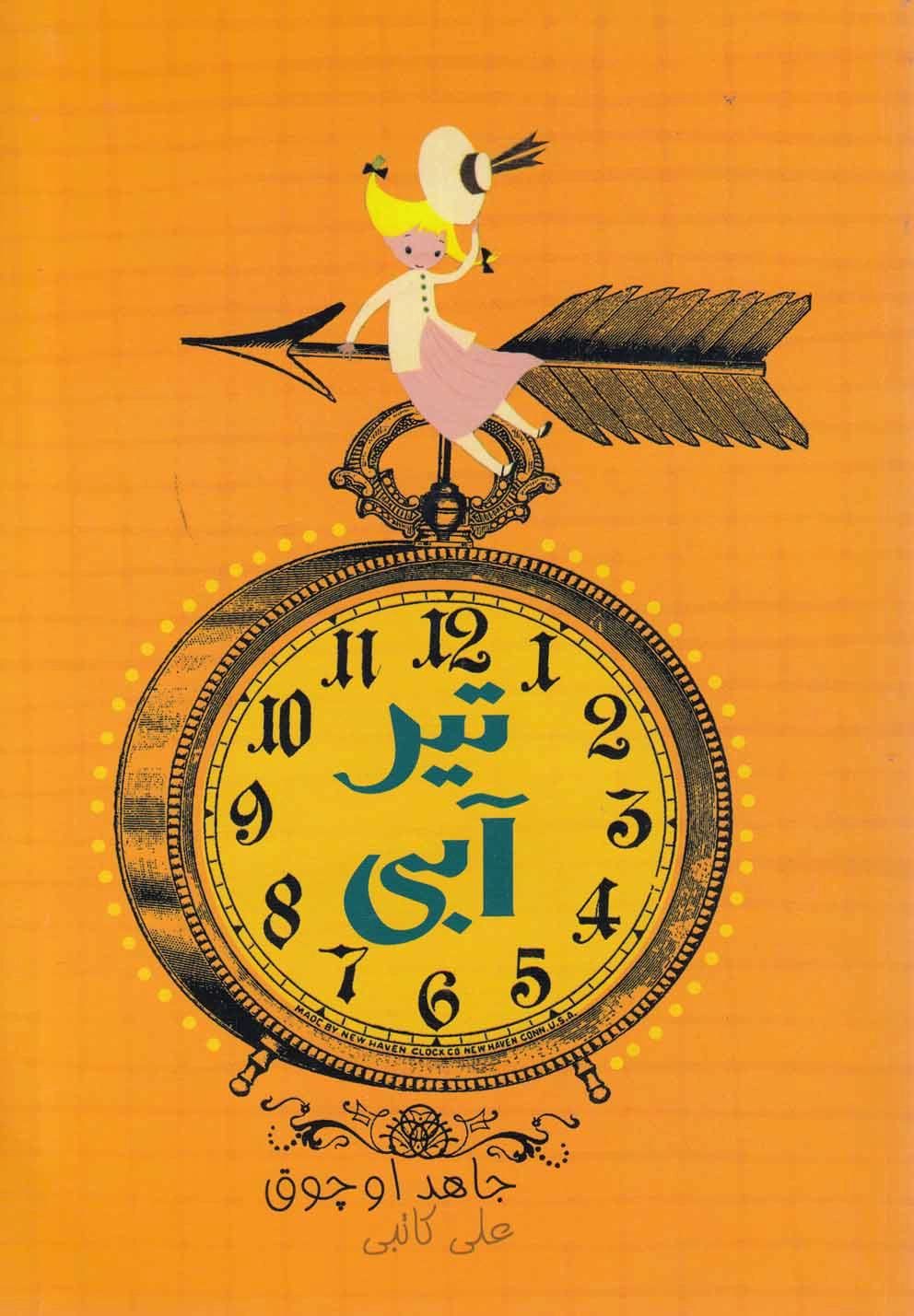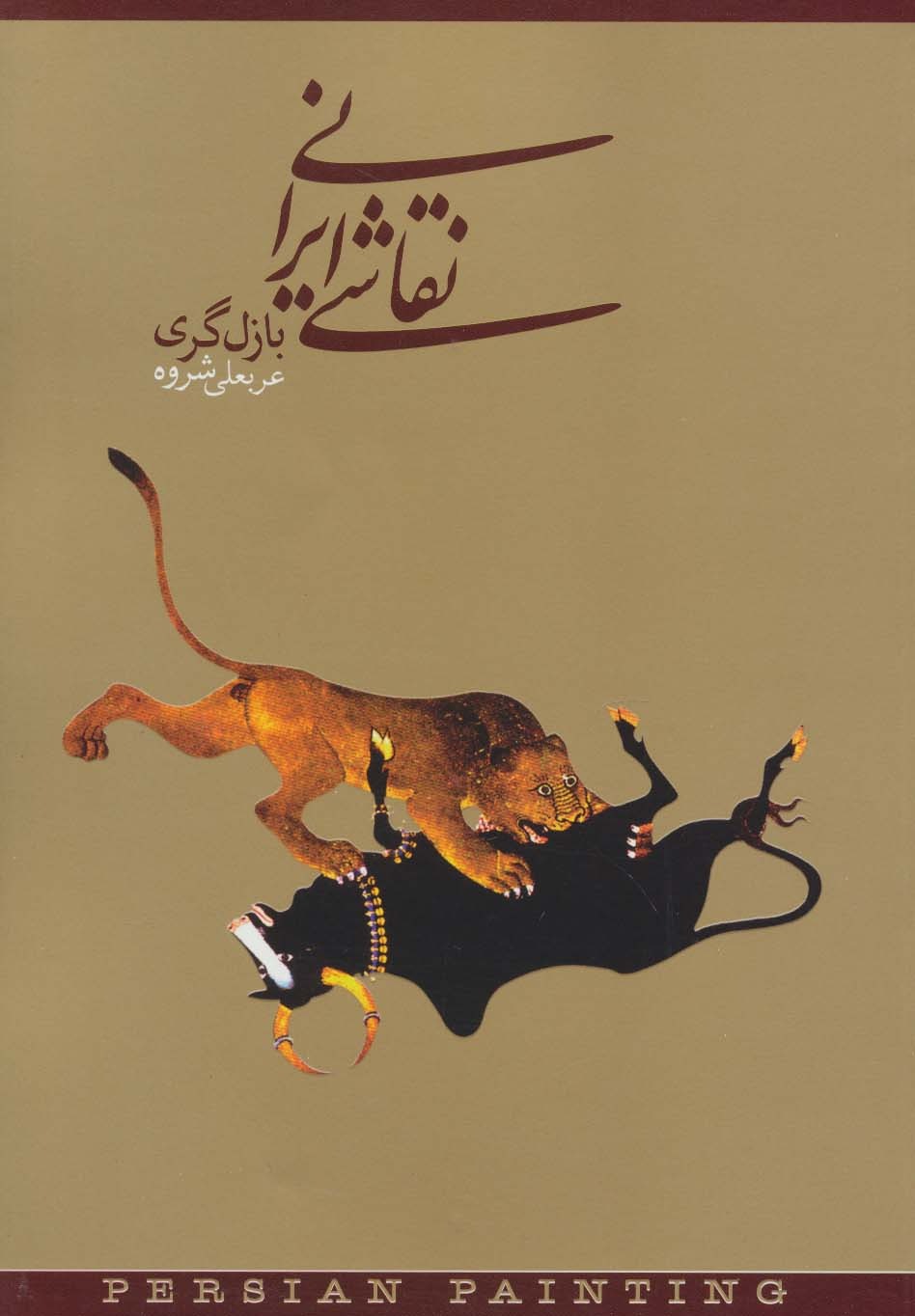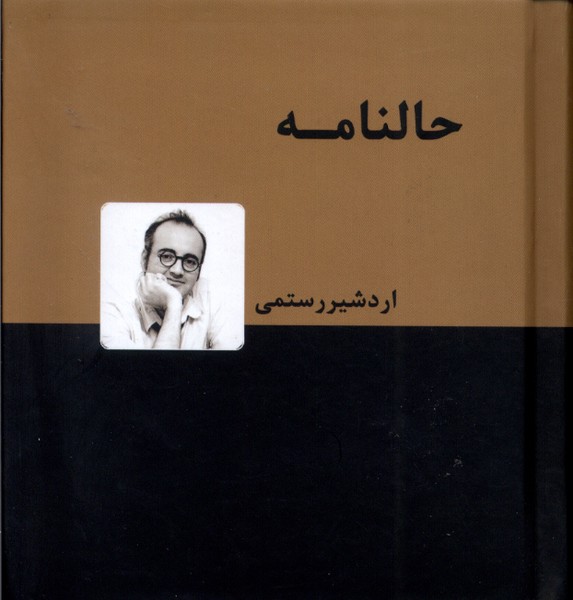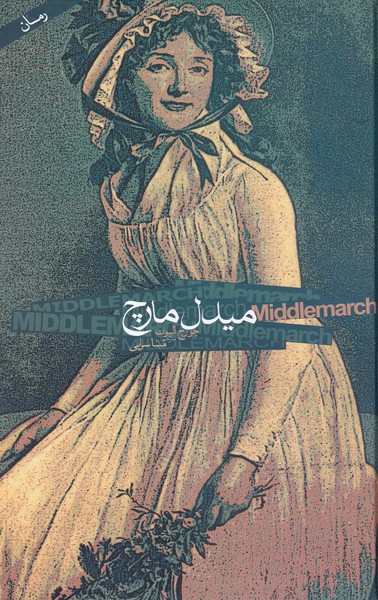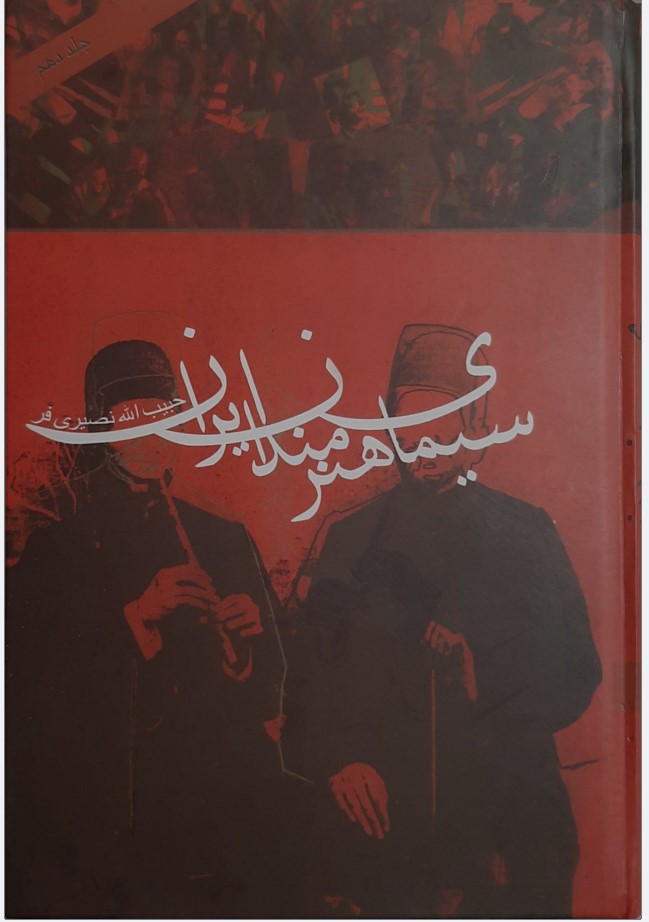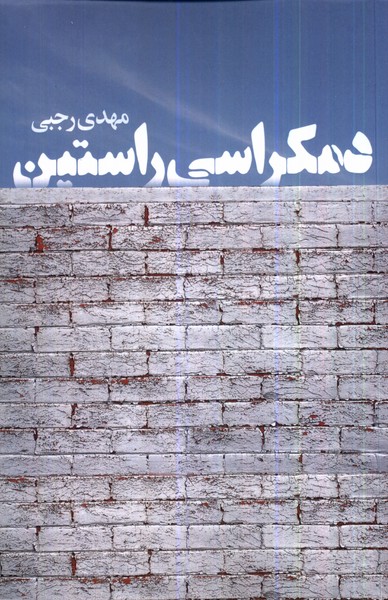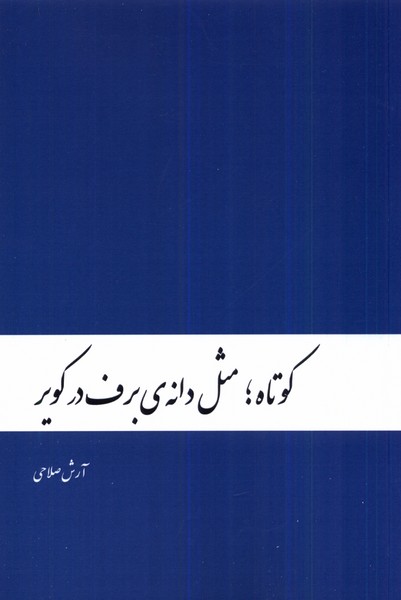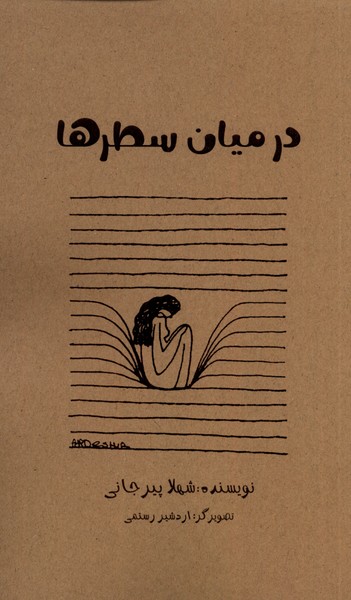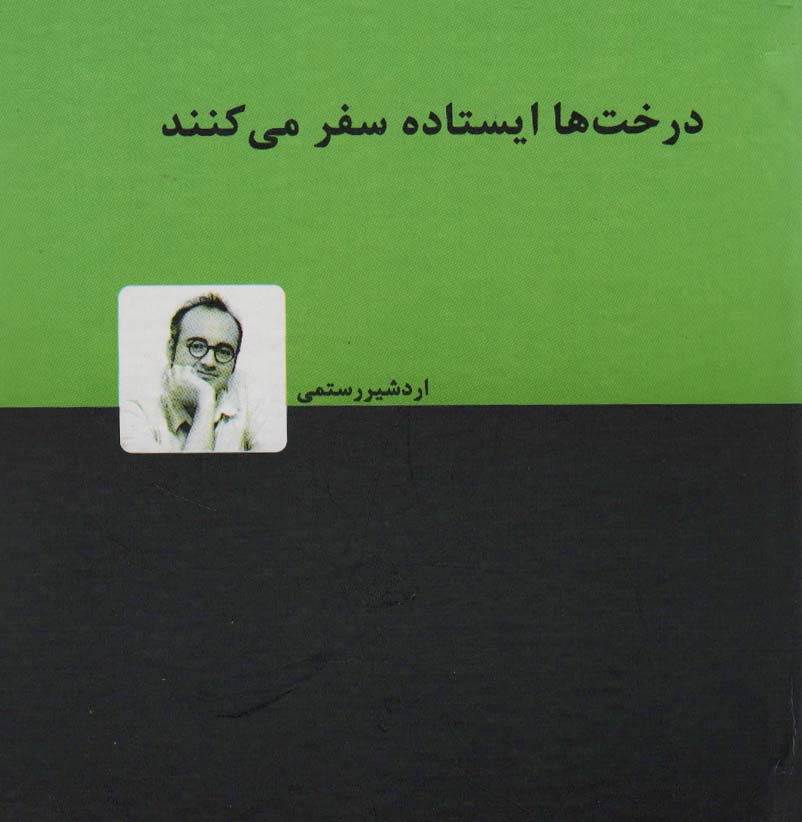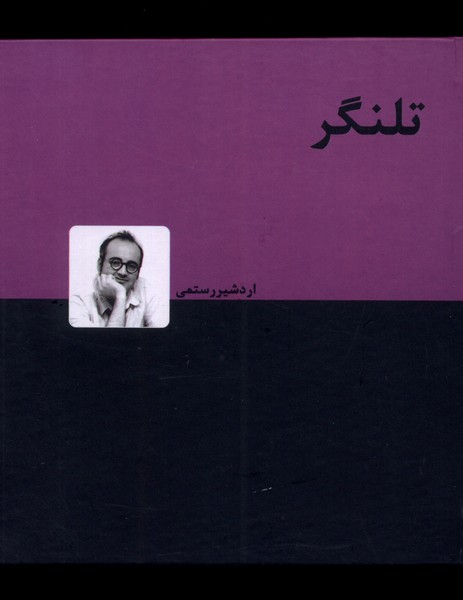Afsanih Sizif: Persian 2003
افسانه سیزیف
26.66 $
Share
Wishlist
ISBN:
9648263191
Translator:
Sipanlu
,
M Ali / Saduqi
,
'Ali
Publisher:
Dunya-yi naw
Age Group:
Adult
Pages:
199
Weight:
420 g
Dimensions:
14 x 21 x 1.99 cm
Book Cover:
Hard Cover
The Myth of Sisyphus is a philosophical essay by Albert Camus. It comprises about 120 pages and was published originally in 1942 in French as Le Mythe de Sisyphe; the English translation by Justin O'Brien followed in 1955.
In the essay, Camus introduces his philosophy of the absurd: man's futile search for meaning, unity and clarity in the face of an unintelligible world devoid of God and eternal truths or values. Does the realization of the absurd require suicide? Camus answers: "No. It requires revolt." He then outlines several approaches to the absurd life. The final chapter compares the absurdity of man's life with the situation of Sisyphus, a figure of Greek mythology who was condemned to repeat forever the same meaningless task of pushing a boulder up a mountain, only to see it roll down again. The essay concludes, "The struggle itself...is enough to fill a man's heart. One must imagine Sisyphus happy."
more
افسانه سیزیف یک مقاله فلسفی از آلبر کامو است.نسخه فرانسوی آن در سال ۱۹۴۲ با نام Le Mythe de Sisyphe منتشر گردید.ترجمه فارسی آن دو مرتبه توسط علی صدوقی و شهلا شریعتمداری (اسطوره سیزیف) منتشر شدهاست.
در این مقاله آلبر کامو برای اولین بار واژه ابزورد را به کار میبرد که بعدها الهام بخش گونهای از تئاتر به نام تئاتر پوچی گردید که مارتین اسلین در کتابی به همین نام به توضیح آن پرداختهاست.
سیزیف در اساطیر یونان بخاطر فاش کردن راز خدایگان محکوم شد تا تخته سنگی را به دوش گرفته و تا قله یک کوه حمل کند، اما همین که به قله میرسد، سنگ به پایین میغلتد و سیزیف باید دوباره این کار را انجام دهد.کامو میگوید پیروزی وی در آگاهی است.
more

